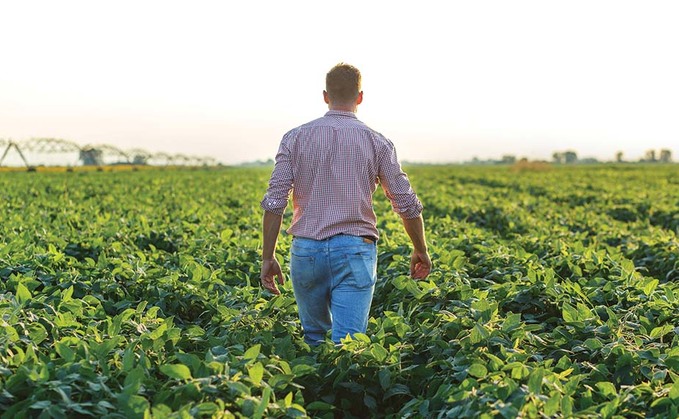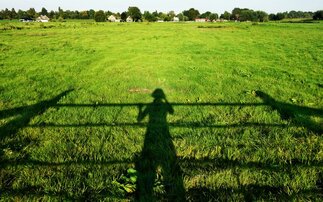
published by the Scottish Geographical Journal, looked at the mental well-being of young farmers (aged 18-40) in the UK and Ireland and what format support should be in.
Prof David Rose, Visiting Fellow at The Royal Agricultural University, who co-authored the paper, said: "This report has raised areas which have not come up before and those areas are very important when looking at what can be done to support these young people."
The paper, as with previous studies over the years, shows that issues such as crime, financial concerns, loneliness and workloads are big factors when discussing the possible roots of mental health problems.
But it also highlights that some people in the demographic fail to seek assistance because of, stigma, stoicism, isolation, a possible lack of confidentiality and also sexism and misogyny.
Isolation is a common stressor in the farming community and can lead to feeling like you have got no one to share your problems with, Prof Rose said.
He added: "If it is difficult for young farmers to make friends and some have trouble finding people to date and a partner who would want to come and live in this very isolated area, which is a key finding."
Succession was also a contributing factor.
"There are lots of young farmers who love farming and being out in the fresh air but while many young farmers want to take over the farm, for some they feel an expectation to take over the family farm," added Mr Rose.
"Some young farmers are worried about that expectation, possibly a farm that has been in the family for generations and maybe some may not want to take over the farm, or they do not know how to take it over and plan for the future."
For female farmers, sexism and misogyny affected mental well-being.
Prof Rose added: "At least three of the young female farmers we spoke to highlighted the comments they receive and how they have to present a very particular stereotyped image of them not being weak and that they can do the job as well as a man."
Many of the solutions young farmers suggested in the report were around normalising conversations on mental health and increasing awareness.
Improving the accessibility to mental well-being services, as well as normalising conversations on the subject and providing support in informal social settings, were identified as key recommendations in the report.
Stephanie Berkeley, manager, Farm Safety Foundation, said: "Young farmers are almost universal on their view that mental health is one of the biggest hidden problems faced by farmers and a focus on addressing this problem is fundamentally important."



























